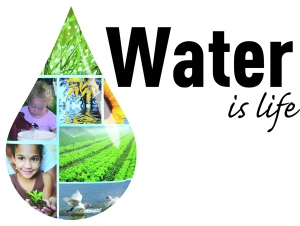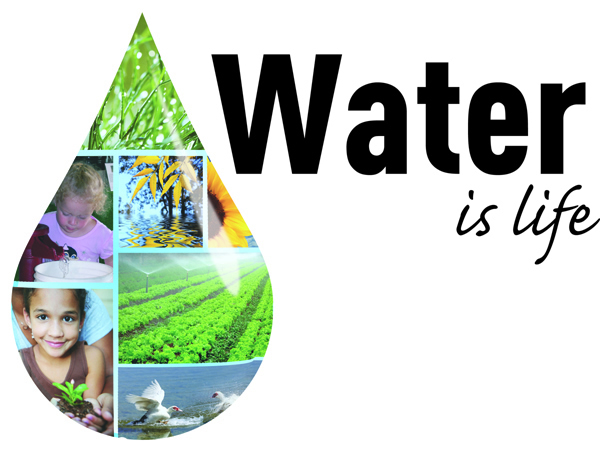Water conservation is an important part of reducing our environmental impact as humans. Beyond keeping that water utility bill low, conserving water has numerous ecological and practical benefits for your home. Preventing pollution to nearby lakes, watersheds, and rivers is accomplished through water conservation. By reducing the levels of water flowing through city sewer systems, fewer pollutants travel into streams, lakes, and rivers.

Saving water essentially comes down to individual responsibility and does not present significant costs to implement. There are, of course, water conservation systems and water efficient appliances, but most water conservation can be achieved at low cost by keeping in mind a few helpful tips.
- Check faucets, pipes, and toilets for leaks. Even small leaks in faucets and pipes can waste 20-30 gallons of water per day; larger leaks can waste gallons in the hundreds. An effective way to check toilets for leaks is to add some food coloring to the toilet tank and wait to see if the coloring appears in the bowl of the toilet. If so, there is a leak. Refraining from flushing the toilet unnecessarily will also help conserve water. Consider that toilets use up thousands of gallons of water per month.
- Use water saving showerheads and take shorter showers. Water saving shower heads are easy to install and inexpensive. These types of shower heads typically use 2.5 gallons per minute or less and can be effective in encouraging you to spend less time lingering in the shower running water. Even just a 4-5 minute shower can waste 20 to 40 gallons of water.
- Only use the dishwasher and washing machine with a full load. Using the dishwasher and washing machine sparingly can help conserve a ton of water. If you can get by using the washing machine only once or twice a week, you can save a lot of water since laundry can account for some 22% of household water usage.. Also, consider washing dishes by hand and turning off the water as you wash, or fill one sink basin with soap and water and rinse there instead of keeping the faucet running.
- Take steps to retain and repurpose water for outside use. Doing things like encircling plants with organic mulch can conserve water since the mulch retains moisture for the plants. Watering the lawn in the early morning and evening when outside temperatures are cooler can optimize moisture retention since the water will not evaporate as quickly. Also, allow water to fully absorb into the soil when watering. If there is runoff, you are watering too much too fast. Avoid cleaning the driveway or sidewalks with a hose; instead use a broom.
- Miscellaneous steps and modifying your lifestyle can save thousands of gallons of water per month. Doing simple things like washing your car less frequently and turning of hoses when washing can save hundreds of gallons. Buying recycled goods and recycling your things saves water. Water is involved in the production of virtually everything, so remaining aware of how much water is spent on producing things you use is important to taking steps to conserve. From raising livestock to disposing of waste and transporting meat, water costs are everywhere. Even reducing the amount of meat you eat can help in water conservation efforts. Choosing grass fed meat is better since it takes less water than growing grain for feed.
Being aware of how much water we all use and consciously deciding to take measures to reduce your individual usage is the only way to successfully reducing or mitigating the environmental impacts of excessive water consumption.
Ben Vaughn
Ben Vaughn writes regularly on everything from home water conservation and disaster preparedness to Ogden plumbing.

